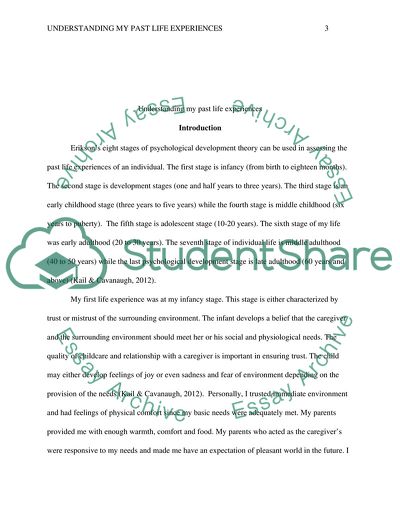Cite this document
(Applying Psychological Theory to Write about One's Life Essay, n.d.)
Applying Psychological Theory to Write about One's Life Essay. https://studentshare.org/psychology/1790132-apply-psychological-theory-to-write-about-your-life
Applying Psychological Theory to Write about One's Life Essay. https://studentshare.org/psychology/1790132-apply-psychological-theory-to-write-about-your-life
(Applying Psychological Theory to Write about One'S Life Essay)
Applying Psychological Theory to Write about One'S Life Essay. https://studentshare.org/psychology/1790132-apply-psychological-theory-to-write-about-your-life.
Applying Psychological Theory to Write about One'S Life Essay. https://studentshare.org/psychology/1790132-apply-psychological-theory-to-write-about-your-life.
“Applying Psychological Theory to Write about One'S Life Essay”. https://studentshare.org/psychology/1790132-apply-psychological-theory-to-write-about-your-life.


